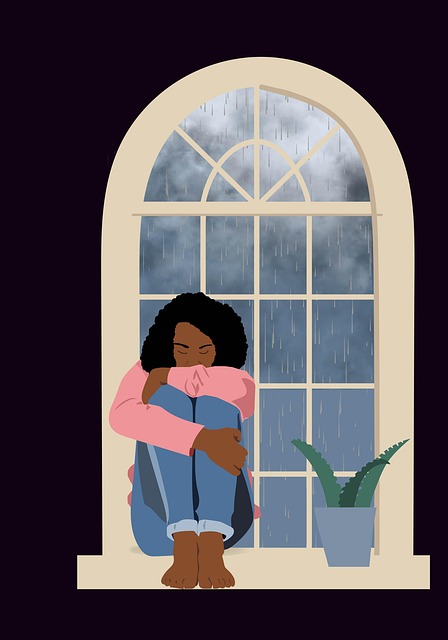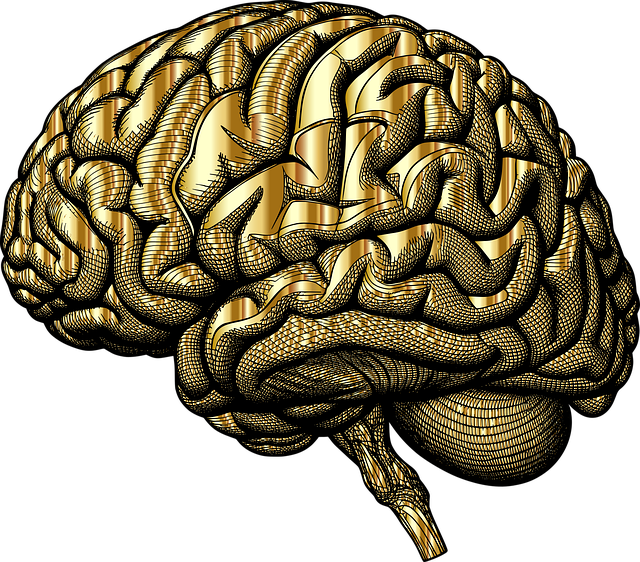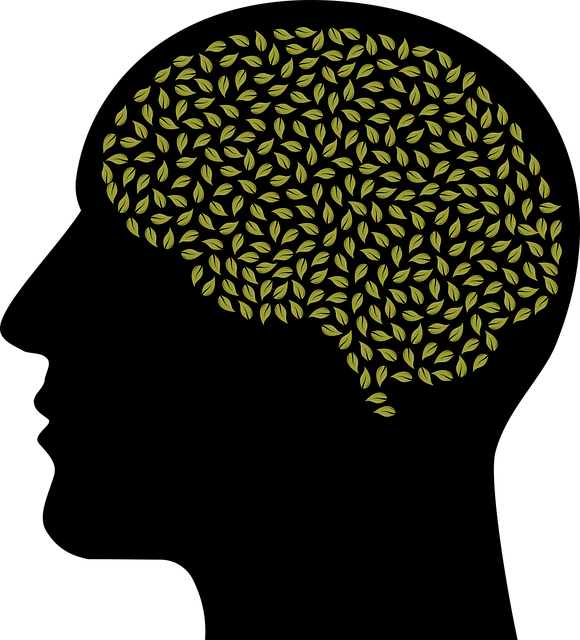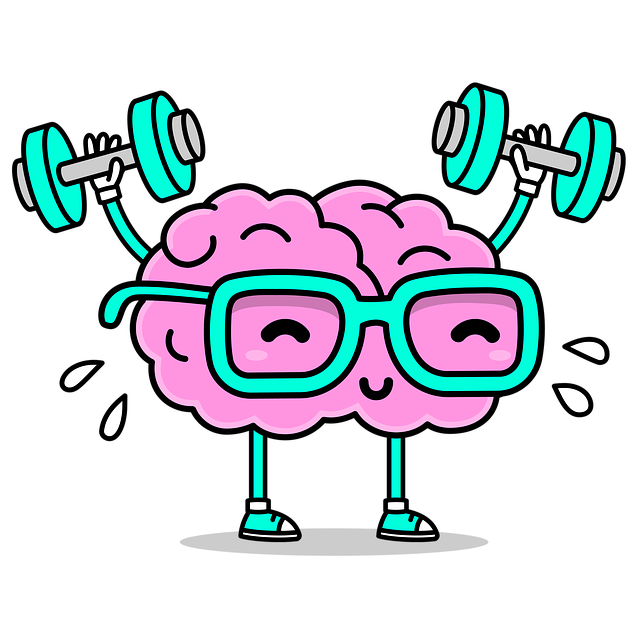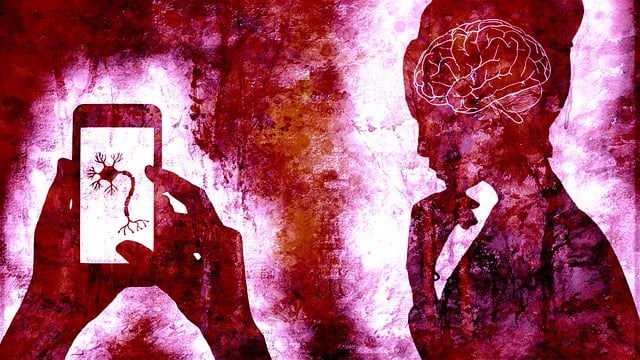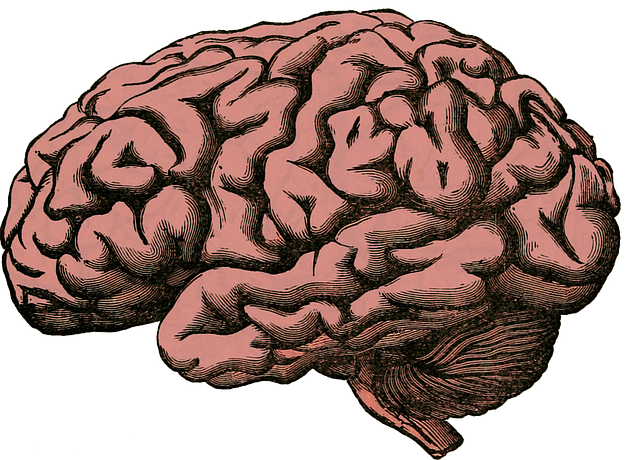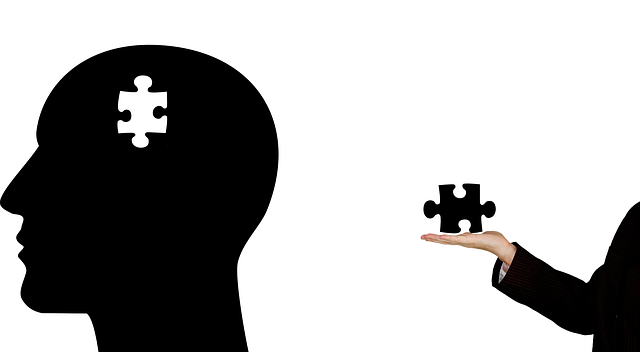Divorce severely affects children's mental health, leading to emotional distress and low self-esteem. To mitigate these impacts, early intervention through therapy and culturally sensitive education programs are vital. Online platforms and remote sessions have made therapy more accessible in the digital age. By integrating therapy into schools and community centers, and advocating for mental health policies, kids facing divorce can receive specialized support tailored to their needs, fostering resilience and open communication.
Mental health advocacy initiatives play a crucial role in addressing the impact of divorce on children. This article explores three key areas: understanding the profound effects of divorce on young minds, advocating for accessible therapy services, and providing practical strategies and resources to support children through this transition. By delving into these topics, we aim to enhance awareness and promote healing for kids affected by divorce, emphasizing the importance of therapy as a vital tool in their emotional development.
- Understanding the Impact of Divorce on Children's Mental Health
- Advocacy Initiatives for Accessible Therapy Services
- Supporting Children Through Divorce: Practical Strategies and Resources
Understanding the Impact of Divorce on Children's Mental Health

Divorce can have a profound and lasting impact on children’s mental health, affecting their emotional well-being, social skills, and self-esteem. When parents separate, kids often experience a sense of loss, confusion, and insecurity. They may struggle with feelings of abandonment, which can lead to anxiety, depression, and behavioral issues. The transition between households, frequent moving, or reduced contact with one parent can further complicate their emotional state.
Early intervention through therapy for children divorce is crucial for mitigating these effects. Mental health education programs designed with cultural sensitivity in mind can help kids process their emotions, improve self-esteem, and develop coping mechanisms. These initiatives ensure that children from diverse backgrounds feel understood and supported, fostering a healthier transition during such challenging times.
Advocacy Initiatives for Accessible Therapy Services

In today’s digital era, mental health advocacy initiatives are revolutionizing access to therapy services, particularly for vulnerable populations like children going through divorce. Online platforms and remote therapy sessions have broken down geographical barriers, ensuring that kids and their families can receive much-needed support regardless of their location. This shift towards accessible therapy is a testament to the evolving landscape of mental wellness care.
Advocacy groups are actively promoting the importance of early intervention and specialized therapy for children facing family breakdowns. They collaborate with mental health professionals to produce engaging content like the popular Mental Wellness Podcast Series Production, which offers practical advice on coping mechanisms, inner strength development, and stress reduction methods tailored for kids. By making such resources widely available, these initiatives foster open conversations about mental health, encouraging children and their caregivers to seek help without hesitation.
Supporting Children Through Divorce: Practical Strategies and Resources

Divorce can be a profoundly stressful experience for children, affecting their emotional well-being and mental health. Supporting them through this transition requires a multifaceted approach that combines practical strategies and access to suitable resources. One effective method is integrating therapy for children divorce into existing support systems, such as schools and community centers. This can involve specialized counseling sessions tailored to help kids process their feelings, understand the changes in their family dynamics, and develop coping mechanisms for anxiety relief.
Mental health policy analysis and advocacy play a crucial role in ensuring these services are readily available and accessible. Mental wellness coaching programs development can further enhance support by offering proactive measures like educational workshops for parents on effective communication with their children during and after divorce. By fostering open dialogue and providing tools to navigate emotional challenges, these initiatives contribute significantly to the mental health and overall resilience of children affected by divorce.
Mental health advocacy initiatives, particularly those focusing on accessible therapy services for children affected by divorce, are vital game changers in fostering resilience and healing. By implementing practical strategies and utilizing resources that promote understanding and support, we can ensure kids receive the necessary care. Remember that early intervention and continuous access to appropriate therapy, such as divorce therapy for children, significantly impact their overall well-being. Let’s continue to navigate this complex issue together, advocating for a brighter future where every child has the opportunity to thrive emotionally.



